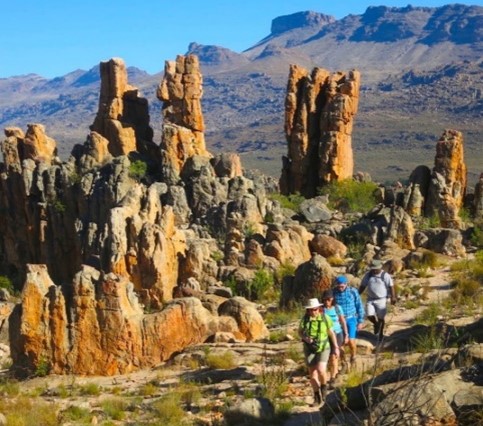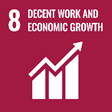Knowledge Networking Portal for Sustainable & Responsible Tourism










 HAUSER EXKURSIONEN
HAUSER EXKURSIONEN
| Contributor | Herbert Hamele |
|---|---|
| Country | Germany |
| Keywords |
|
| Organisation | HAUSER EXKURSIONEN |
| Postal address | Spiegelstr. 9, D-81241 München |
| Webpage | http://hauser-exkursionen.de |
| Release date | 08/04/2022 |
| Landscape type | Unspecified |
| Topics |
|
| GSTC Criteria for Industry |
|
| Marketplace category |
|
| Type |
|
| # | File name | Contributor | Release date | Uploaded by | Upload date | Size | Content type |
|---|
|
|
|
|
Category: |
Tour operator |
|
Size: |
Medium |
|
Protected areas nearby: |
Excursions to and within many natural areas and cultural sites |
|
Certifying body: |
TourCert |
|
Outstanding contributions Hauser Exkursionen is a hiking and trekking tour operator, based in Germany and operating throughout Europe and worldwide. Sustainability has been anchored in its corporate approach since the company was founded in 1973. This is reflected in a five-point manifesto and a slow-trekking philosophy. Ensuring responsible consumption and production depends heavily on the activities of the businesses who supply services to the tours. Hauser requires that every partner must sign a Supplier Code of Conduct, declaring their responsibilities relating to human rights, working conditions, a fair economy, biodiversity and environmental protection and preference for regional products and family-owned accommodation. Climate concern is addressed through a clear policy towards emissions from transportation. Climate sensitive product planning takes account of length of stay and flight distance in considering emissions per night, viz: no flights if under 800km; up to 3,800 km – minimum stay one week; over 3,800 km – minimum stay two weeks. No flights are used within Germany and domestic flights are also avoided elsewhere if possible. Home to airport transfers involve inclusive rail tickets. Within Europe, Hauser has a policy of over-compensation (110%) of flight emissions using Atmosfair (an award-winning science-based scheme). For intercontinental flights, clients are asked to purchase compensation, but this is then doubled by Hauser. The long-term target is to compensate 100% of CO2 emissions by 2025 (60% was achieved in 2021). The focus on trekking tourism is seen as important, as an activity which supports rural development, addresses depopulation, uses local resources and infrastructure and values nature. Hauser has a strong programme of support for social and environmental projects in the destinations and communities visited. Examples in Nepal include the Climate Trek project (together with Atmosfair and other partners) rebuilding paths and huts to higher environmental standards after the earthquake, and the ‘One Day One Tree’ reforestation project, planting one tree per each client-day of trekking. In a remote region of Peru, Hauser has developed employment opportunities for men and women in and around the lodges visited. The company seeks a long-lasting partnership with suppliers. Over 80% of the guides used are local. A tour guide education programme helps guides to advance their careers to become professional tour leaders for the whole trip, enhancing both income and self-confidence. Since 2020 virtual trainings have been held for tour guides worldwide. In addition, during the pandemic, local guides and agencies have been enabled to offer ‘virtual tours’, as a source of advertising and training but also of some income. |
|
Key SDGs related to this action |
|
|

















































